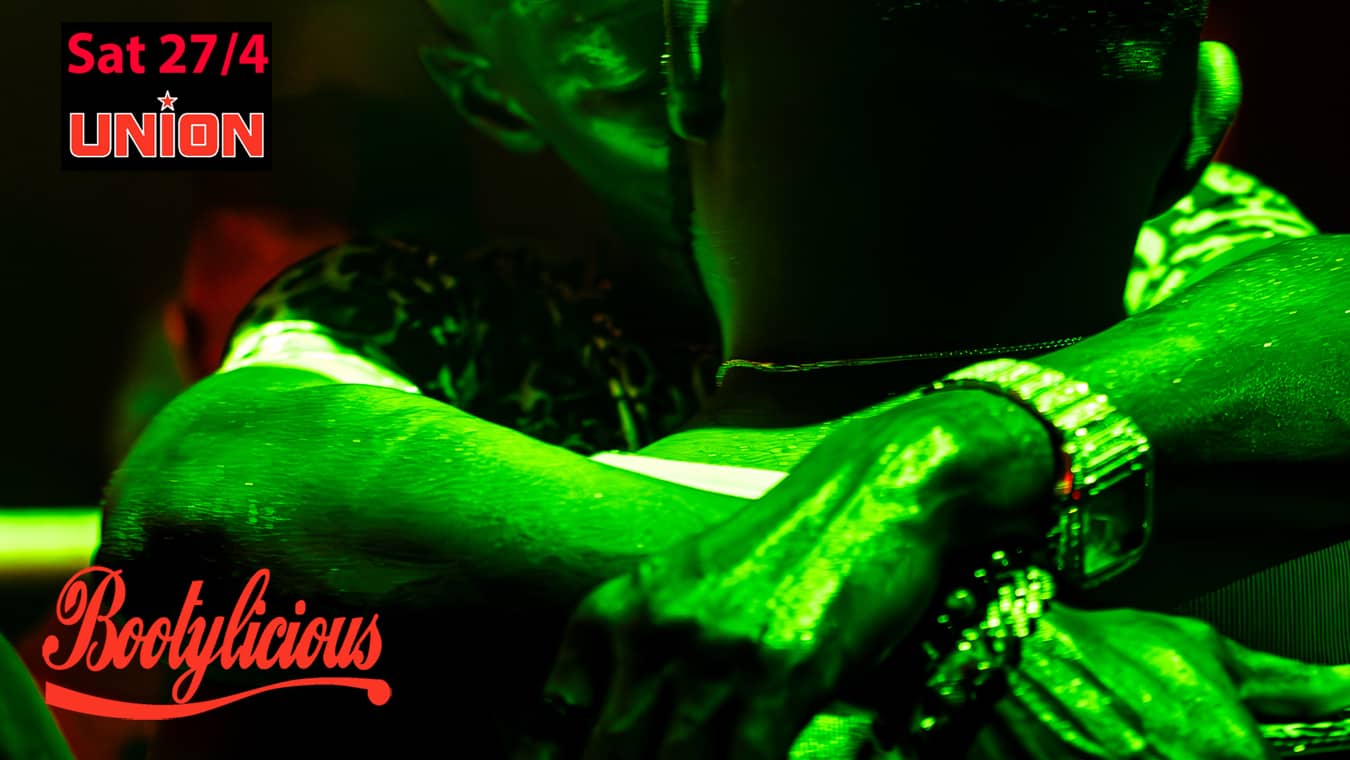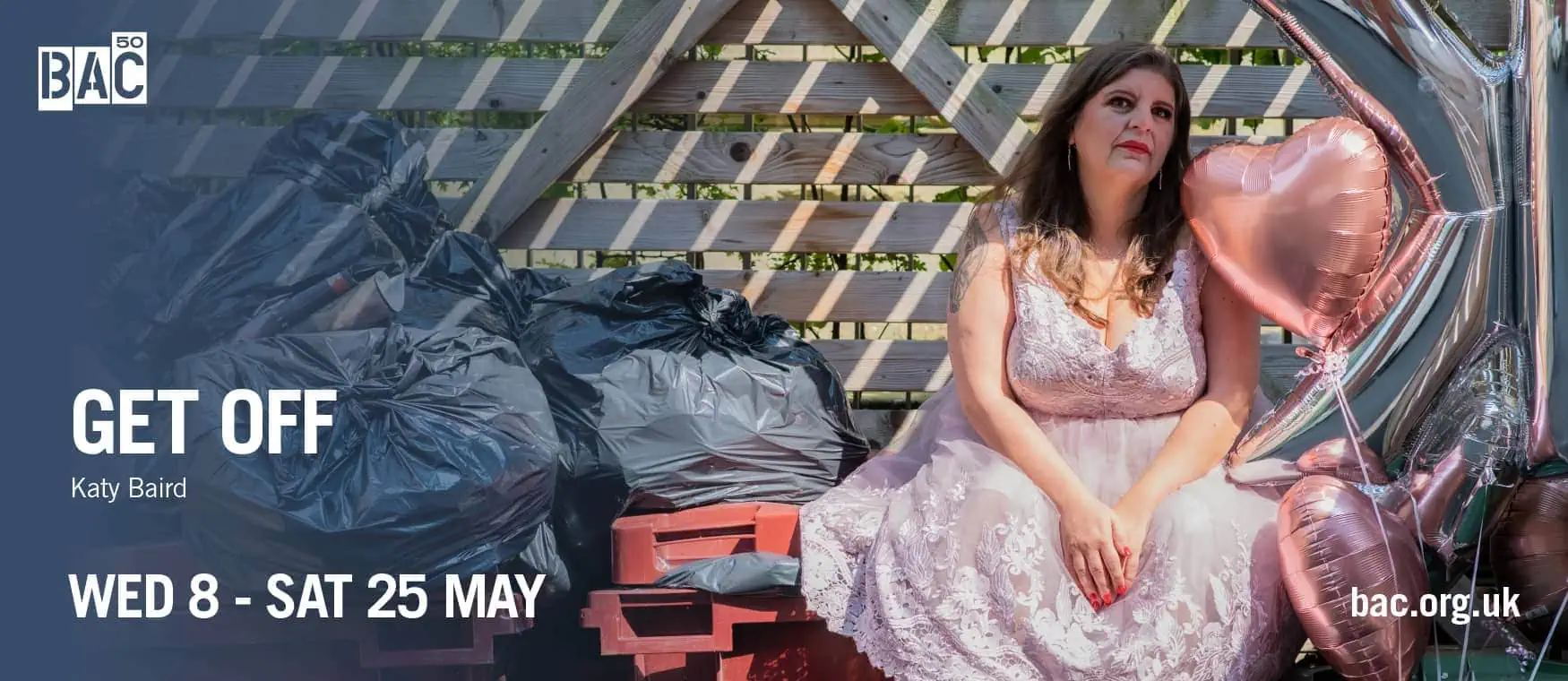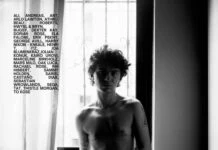Spencer Barnett reviews last weekend’s epic Eurovision Song Contest. And what a night it was…
Whether happily watching at home among the UK’s 6.5 million viewers or joining the party at one of the many esteemed establishments holding special events, you were likely swept away by the euphoria that was last weekend’s Eurovision Song Contest.

Behind the scenes, there were some technical issues in the run up to the final, which unfortunately carried over to Saturday’s grand final. The television direction was a bit loose in places too, possibly because a machine, rather than a member of the production team, was responsible for the vision mixing.
There were a couple of shock departures from last week’s semi-finals. Tuesday saw expected qualifiers Netherlands pack their bags early, and despite Moldova producing a good track their stage performance didn’t translate live, ensuring they too left the competition quickly. Iceland failed to hit the right note during Thursday’s second semi and seven-time winners Ireland also failed to make the grade (it really was a dull song though, so that wasn’t the biggest surprise).
Saturday saw Slovenia kick off proceedings, followed by a very weak song from France. Israel – the fan’s favourite in rehearsals – lifted the audience with their track Golden Boy. Still popular in the finals, it enabled Nadav to produce a coveted top-ten finish, Israel’s best result in years. Fourth to sing were Estonia, followed by the UK’s act Electro Velvet, singing their up tempo number ‘Still In Love’. It failed to strike a chord across Europe and we finished with a disappointing haul of 5 points, languishing in 24th place.
Armenia, Lithuania and Serbia were next, offering a selection of awful, upbeat and anthemic respectively. Surprise qualifier Norway sang next, but ‘A Monster Like Me’ was just too slow to be a serious contender. The bookies favourite, Sweden, followed with an Avicii like track and clever stage act. It set the bar for the remaining songs.
Cyprus were up next with a simple ballad and their singer John Karayiannis was one of the most popular artists in Vienna. One off participants Australia rocked the crowd with a Bruno Mars style song from the very talented Guy Sebastian which ended with a well deserved 5th place. Loic Nottet’s self-penned ‘Rhythm Inside’ did very in landing Belgium a better-than-expected fourth place finish.
“It’s fitting that the 60th Eurovision Song Contest has gone back to the land of ABBA, undoubtedly the contest’s biggest success story”
Austria followed with what was a very good song, but at 500 to 1 the bookies got it right; ‘I Am Yours’ didn’t register a single point. Greece and Montenegro followed with some very average songs and both failed to make the top ten. The Germans followed the form of their neighbours and also managed ‘nul points’ with a truly dreadful number. Monika Kuszynska performed next for Poland with an equally drab song, one which could only give her 23rd out of the 27 finalists.
Latvia proved the surprise package on the night finishing fourth, followed by Romania, Spain and a Kate Middleton lookalike from Hungary. Georgia and Azerbaijan also failed to make the top ten. And when Russia took to the stage it was great to see rainbow flags thrust high, in full view of the cameras, as the audience expressed solidarity with persecuted LGBT Russians.
For the show’s enormous LGBT fanbase it was definitely for the best that Polina Gagarina wasn’t victorious; many of my colleagues had already stated they wouldn’t be prepared to travel to a Russian hosted competition, and I doubt they’d be alone in feeling that.
The penultimate act came from Albania: another off-key performance, which really only qualified due to the political nature of the contest. Luckily, the last song ended the show on a high note with vocally perfect Il Volo delighting the audience with their classy song ‘Grande Amore’. The Italian Head of Press, Kabir Naidoo, did a brilliant job of promoting this and his work will have no doubt contributed to Italy finishing third with an impressive 292 points.
It’s fitting that the 60th Eurovision Song Contest has gone back to the land of ABBA, undoubtedly the contest’s biggest success story. Måns Zelmerlöw sang his heart out and scooped 365 points from every corner of Europe. Although it wasn’t the best song on the night, the stage performance was slick, stylish and sophisticated. It was enough to give Sweden its sixth win, one short of Ireland’s record, not to mention the honour of hosting this eccentric extravaganza in 2016. See you in Stockholm!














